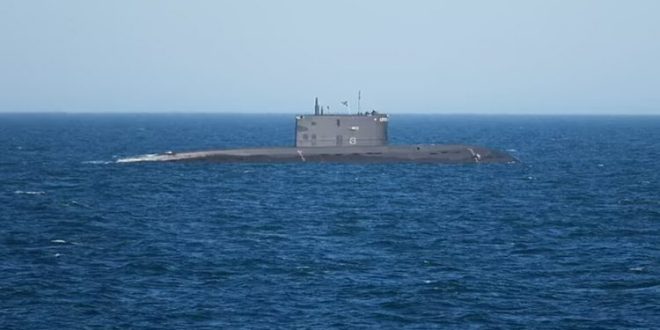Oslo: The cable connecting Norway and the Svalbard archipelago in the Arctic Ocean has mysteriously stopped working. This underwater cable provides internet connection and communication links. Now there is only one cable left and if that too stops working, Svalbard will be cut off from the outside world.
This unique cable of its kind stopped working on 7 January, but the company ‘Space Norway’, which maintains the cable, gave information about it on 10 January. The cable also provides the power needed to run Space Norway’s Svalbard Satellite Station (Svalsat) and provides broadband Internet connections on the islands.
It has emerged that Britain’s new Chief of Defense Admiral Sir Tony Radakin warned that Russia could damage such underwater cables supporting Britain. In an interview, Radakin said that over the past 20 years there has been an unprecedented increase in Russian submarine activities and that Russia has developed the capability to jeopardize underwater cables.
Space Norway reported that the fault was first detected at 4:10 am local time on Friday morning. The company did not specify how the fault occurred and the extent of the damage, but did say that the cable-laying vessel needed to be sent in for repairs. The company insisted that communication between Svalbard and Mainland was still operational, but acknowledged that if the only working cable were to fail, communication would be completely halted.
The Svalsat site is located atop a mountain ridge on Svalbard and contains more than 100 satellite antennas, which are important for polar orbiting satellites. This site is one of two ground stations from which data on Earth’s rotation can be downloaded from such satellites, so it is vital to keep it working. Some time ago Russian officials suggested that the Svalsat site could be used to download data from military satellites as well as commercial satellites, given that Svalbard is located in a designated demilitarized zone. That Russian submarines are responsible for this malfunction.
Undersea cables are responsible for 97 percent of international communication. So it is believed that disabling these cables, or attempting to gain access to them, could lead to a new war in the digital age. These cables, which are laid under water, do not break easily, they are very difficult to cut, but military submarines and unmanned submarines are capable of doing this. Therefore, it is feared that Russia would have done this work.
 Indian Thought Latest News & Views
Indian Thought Latest News & Views



